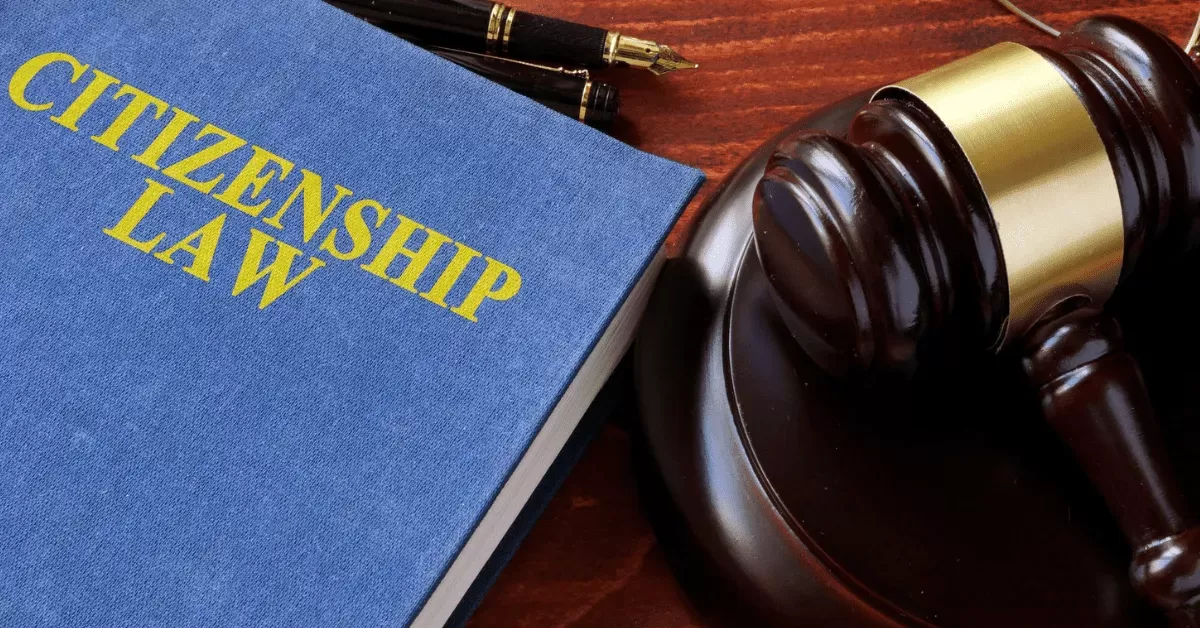Notifications

3 minutes, 43 seconds
-132 Views 0 Comments 0 Likes 0 Reviews

Understanding the U.S. immigration system can be challenging, especially when you're trying to balance your status with future plans. Whether you're a student, a visitor, or a permanent resident, staying informed about key immigration tools is essential. Each status comes with its own requirements and timelines, and maintaining compliance can make all the difference when it comes to avoiding legal trouble or delays in your journey.
If you're a lawful permanent resident and planning to travel abroad for an extended time, it’s important to renew green card credentials well in advance. A green card that is expired or near expiration can create problems at ports of entry or even jeopardize your ability to reenter the U.S. smoothly. Keep in mind that U.S. Citizenship and Immigration Services (USCIS) recommends initiating the process at least six months before your card expires.
Another crucial document for travelers is the reentry permit, especially if you expect to be outside the country for more than a year. This permit acts as a safeguard, signaling your intent to maintain U.S. residency while temporarily abroad. It can be particularly beneficial for individuals on long overseas assignments or those with family commitments outside the United States.
International students face their own unique challenges. An F-1 visa allows you to study full-time in accredited institutions across the U.S., but maintaining your status requires strict adherence to academic performance and enrollment rules. A lapse in compliance can lead to termination of your student status, making it essential to stay updated with immigration guidelines.
For short-term visits, many travelers opt for the B-2 visa, which is designed for tourism, medical treatment, or visiting relatives. While it’s a non-immigrant visa, visitors must not overstay their permitted time. Extensions may be possible, but they require careful documentation and valid reasons for staying beyond the initial period.
On the employment and green card front, the NIW (National Interest Waiver) is a valuable pathway for professionals who can prove that their work benefits the nation significantly. Unlike other employment-based options, this route does not require a job offer or labor certification, offering more flexibility to researchers, entrepreneurs, and skilled professionals.
Each immigration category has its own set of procedures, risks, and benefits. Whether you're trying to renew green card documents, apply for a reentry permit, or maintain your F-1 visa status, staying informed is crucial. Likewise, if you're considering a B-2 visa for temporary visits or exploring the NIW path for long-term opportunities, understanding your options early can save you time and trouble later. A well-planned approach ensures smoother transitions and better outcomes in your immigration journey.

